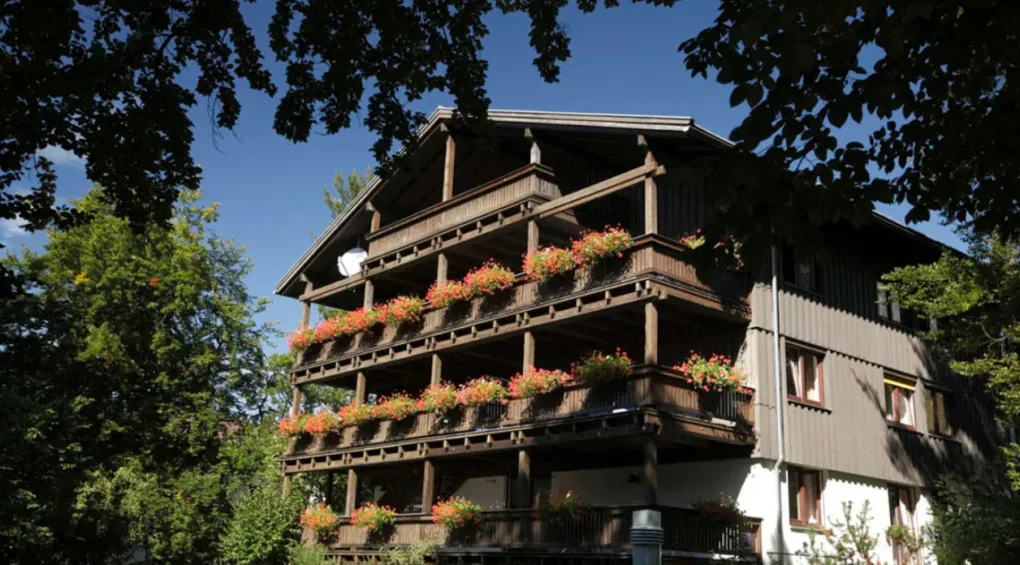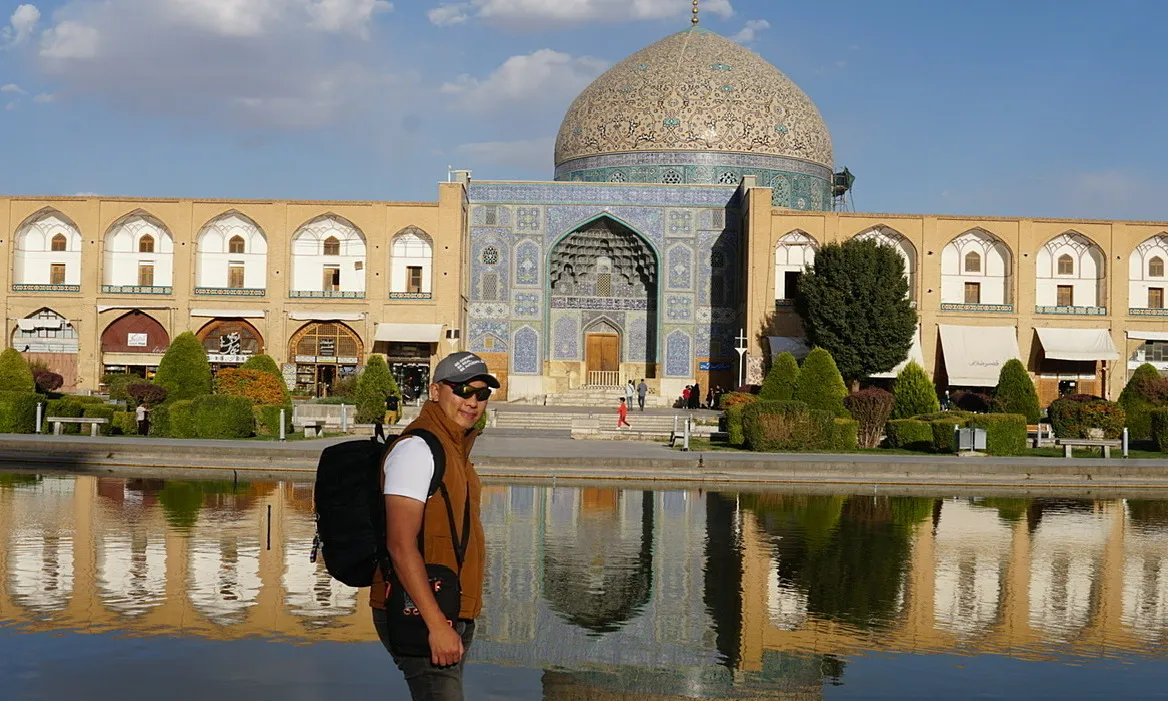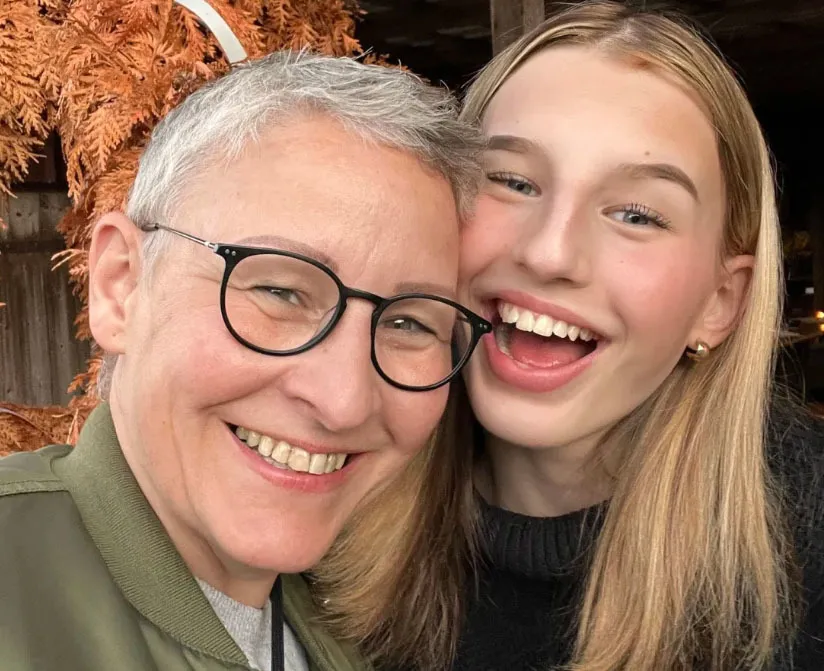
A place for parents to relax after stress
In Germany, parents who are exhausted or depressed can receive prescriptions from doctors for free healing retreats at resorts, lasting up to four weeks.

Parenting is a high-pressure job. Balancing careers and family life, especially as single parents or without support during children’s illnesses, can lead to exhaustion, depression, and health issues.
In Germany, parents facing these challenges can get prescriptions for retreats at seaside or mountain spas. Most of these all-inclusive vacations, lasting up to four weeks, are covered by health insurance. These retreats are managed by clinics that provide therapeutic treatments to help patients recover physically and mentally.
The Germans have a long-standing concept called “Kur,” meaning cure, which involves extended vacations aimed at treating various ailments. Treatments include helibad, or healing baths, in resort towns like Baden-Baden, Wiesbaden, and Bad Ems. Germany has nearly 350 health resorts, many of which are UNESCO World Heritage Sites. For centuries, these resorts have attracted royalty, nobility, and people with chronic illnesses from across Europe and the world for health treatments and rejuvenation.
Focusing on preventive and restorative care, Kur often targets exhausted parents with treatments like mutter und kind (mother and child) and vater und kind (father and child). Every German citizen is entitled to these healing retreats every four years.
Cécile Poirot, a police officer from Elmshorn in northern Germany, is one of many who have benefited from Kur to improve her health. She was exhausted from living 220 km away from her workplace. Unable to transfer to a closer job due to the challenges within the police force, she often drove to Hamburg at 2 AM for morning shifts, returning home late at night. This routine caused severe insomnia and constant fatigue, leading her doctors to prescribe a four-week retreat with her six-year-old daughter.

The mutter und kind therapy emerged in Germany after World War II with the establishment of Müttergenesungswerk (MGW), the Institute for Mothers’ Health. This charity supported working mothers who had lost their husbands in the war, helping them regain stability in their lives. According to Petra Gerstkamp, Deputy Executive Director, MGW is unique in Germany, with no similar services found elsewhere in Europe.
Today, healing sessions are provided at clinics run by health insurance companies or MGW, available to both mothers and fathers. While Germany lacks a free national healthcare service, citizens pay monthly insurance fees that cover treatments at these clinics. MGW also supports those whose insurance does not cover such costs.
Parents exhibiting symptoms can be diagnosed by doctors to qualify for treatment. Physical and mental signs are carefully evaluated, with common indicators including irritability, lethargy, exhaustion, and insomnia. Some show depression by constantly crying or feeling overwhelmed by daily tasks. In 2022, over 44,500 mothers and 2,300 fathers participated in preventive or rehabilitative treatments at MGW network clinics. Most mothers were aged 36-45 and worked part-time, while fathers were typically full-time workers. The waiting list for these retreats is long due to the high demand from those struggling with life’s pressures.

At a North Sea clinic, Poirot tried yoga for the first time, enjoyed long nature walks, and learned water aerobics. Her group received daily support from a psychologist. During this rest period, Poirot significantly reduced her stress. Her main issue was the long commute, and she was advised to lower her expectations of herself, striving less to be the perfect mother and police officer.
In the 1970s and earlier, only mothers participated in these healing therapies. However, they later brought their children along, preferring to increase interaction and participate in activities together rather than leaving them behind with hired help.






